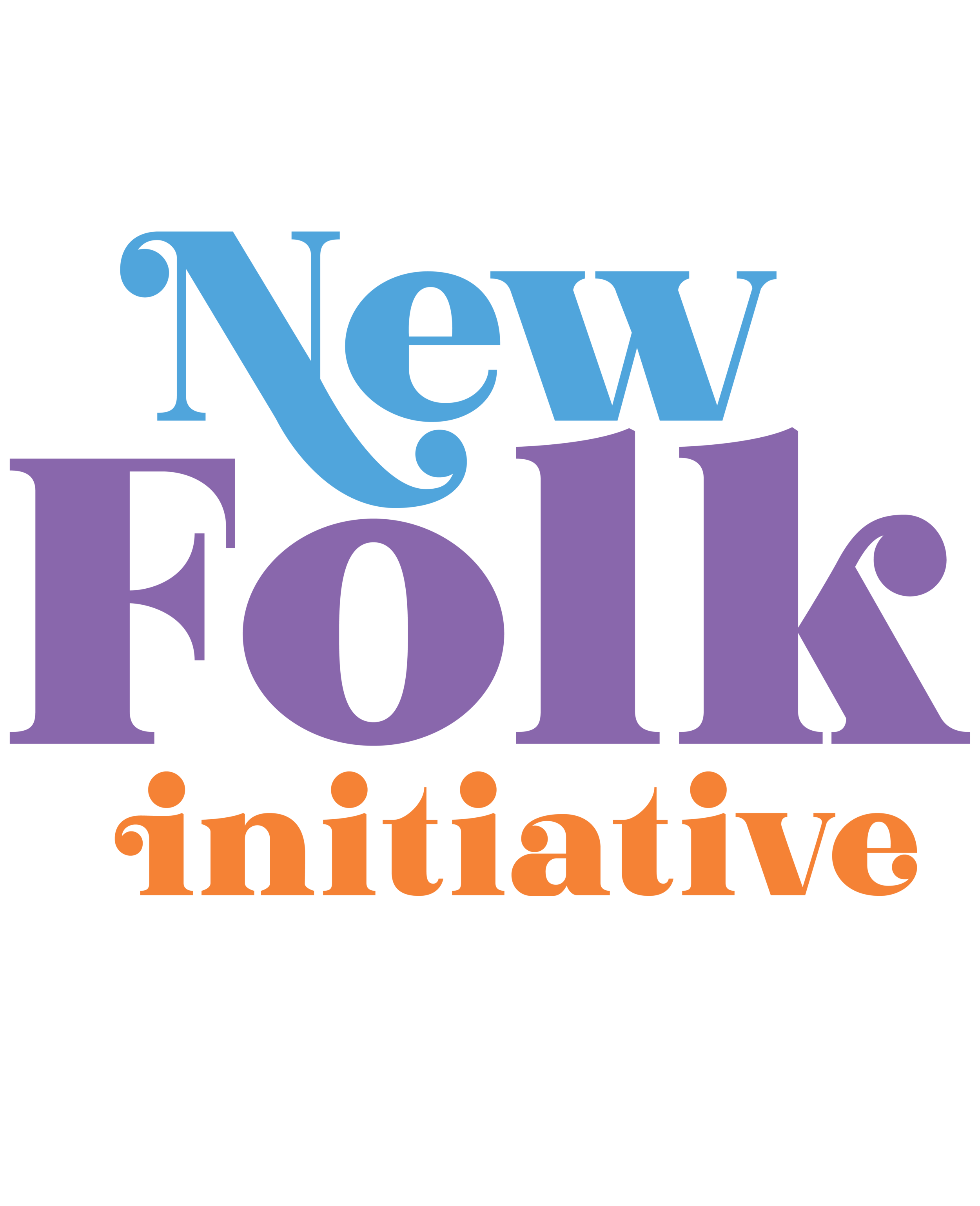Review: David Crosby: Remember My Name
As David Crosby approaches his 78th birthday on August 14, many people doubted whether he’d live this long. He’s had a liver transplant and three heart attacks, eight stents and diabetes, and he’s been told that he could die at any time. Yet he’s alive and (as Graham Nash once told me) he “astonishingly” still has one of rock’s transcendent voices. Why has he survived? In the new documentary, David Crosby: Remember My Name, he confesses he has no idea, but he’s determined to make the most of the time he has left.
Producer/director Cameron Crowe, who has known Crosby since he interviewed him in 1974 for Rolling Stone as a young journalist, gets him to delve into his career with unflinching candor and some wry humor. Looking like an Old Testament prophet with his unruly mane of white hair and famous walrus mustache, Crosby admits he could be “wacko” in the ‘60s. He prompted The Byrds to fire him, for, among other reasons, wanting to record “Triad,” his ode to a menage-a-trois.
Despite the massive success of Crosby, Stills, and Nash (and Young), Crosby says they really didn’t like other and competed all the time. What was his biggest mistake? “Getting mad.” Although the movie doesn’t provide any current interviews with his former bandmates, it does offer some footage attesting to the rift without explaining why.
In fact, a lot of it has to do with women. Both Graham and Neil divorced wives of longstanding, and David didn’t approve. Ironically, considering his libertine reputation, Crosby has been married for 32 years to his wife Jan and credits her with teaching him how to love. His early romance with Joni Mitchell was apparently always tempestuous (the movie shows the house in Laurel Canyon where she lived, later with Graham Nash), and his passionate affair with Christine Hinton was dashed when she was killed in a car crash.
His torment over Hinton’s death led to cocaine and heroin addiction. Jan, who had come into his life, decided to see whether she could make a difference by sampling the drugs herself and understanding the lifestyle. The answer, of course, was no. (“Addiction,” he says, “takes over like fire in a burning building.”) Both Nash and Jackson Browne attempted interventions unsuccessfully. The scenes of a pallid, overweight Crosby during this period are shocking. Although the film is somewhat sketchy about the chronology of his problems with the law, Crosby asserts that it took four months in solitary for him to wake up and start writing again.
These days Crosby is more prolific than ever, releasing four well-regarded solo albums in four years. Although the movie shows him on the road and in the studio, he’s not very forthcoming about his collaborators (including his son James Raymond, who came into his life in the mid-‘90s but, strangely, isn’t mentioned once). The main thing, it appears, is to stave off mortality, and, as he says, “The one thing I can do is make music myself.”
Listen to Sunday Supper on WFUV, starting at 5:00 p.m. on August 11 for some insightful comments from David about his career and commitment to music. And hear him perform a free concert on August 11 at Lincoln Center Out of Doors.
Photo Credit: Henry Diltz courtesy of Sony Pictures Classics
